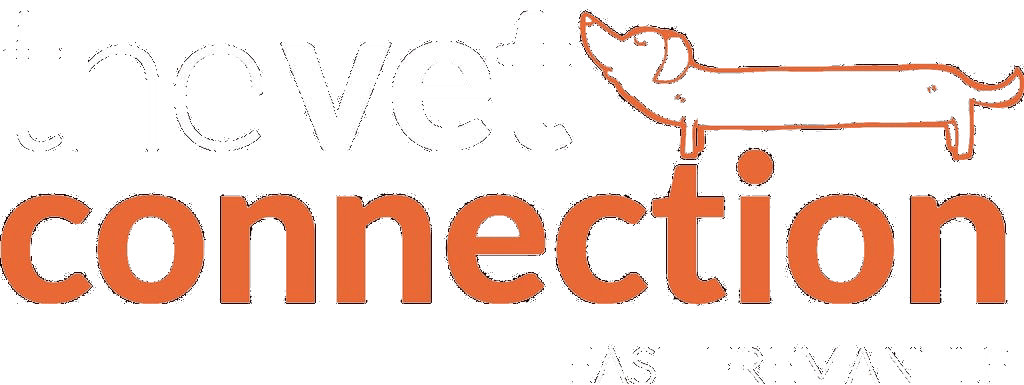100% Privacy Guaranteed!
| Refresh | This website www.thevetconnection.com.au/cardiomyopathy-in-dogs-cats/ is currently offline. Cloudflare's Always Online™ shows a snapshot of this web page from the Internet Archive's Wayback Machine. To check for the live version, click Refresh. |
Heart problems
Heart disease is a serious problem that affects a large number of dogs and cats.
The heart is a muscular organ consisting of four chambers, two of which are located on the left side of the heart, and two on the right side. Each side of the heart also has a set of valves. When heart disease is present, certain parts of the heart cease to function properly.
Heart problems in dogs and cats can be very serious and life threatening and often present without our awareness or prior warning. They can vary from congenital or hereditary problems that they are born with, to problems of old age such as congestive heart failure in dogs or secondary to other conditions such as hyperthyroidism (overactive thyroid) in cats.
There are two common heart conditions –
This page will discuss Cardiomyopathy.

Cardiomyopathy
What is Cardiomyopathy?
Cardiomyopathy is the name applied to an abnormality of heart muscle function. The heart’s pumping ability is reduced, resulting in signs such as;
Although some patients with cardiomyopathy do not develop clinical signs, others experience rapid progression of their disease or sudden death.
What are the causes?
The causes of cardiomyopathy include;
While some cases are entirely reversible, others are not and are treated with various levels of success.
Are there different types of cardiomyopathies?
Yes, there are three major forms of cardiomyopathies which occur in the dog and cat species.
1. Dilated cardiomyopathy
In dilated cardiomyopathy, the heart muscle is weak and flaccid (floppy). This condition is associated with a reduction in heart muscle function during contraction (systole) and a decrease in forward flow of blood.
Subsequent upper heart chamber (left atrial) enlargement is associated with backup of blood and then fluid into the lungs (pulmonary edema) and so a cough often occurs.
2. Hypertrophic cardiomyopathy
Hypertrophic cardiomyopathy is a thickening of the lower heart muscle chambers (ventricles). This results are inappropriate heart function, obstruction of blood flow from the heart into the circulation, and enlargement of the upper heart chambers (atria). This abnormality is called diastolic dysfunction, a condition in which the heart fails to relax fully, fill, and then empty.
The resulting backup of pressures into the lung is responsible for the clinical signs of respiratory distress, coughing, and systemic emboli (blood clots).
3. Unclassified or restrictive cardiomyopathies
Unclassified or restrictive cardiomyopathies are unidentified disease conditions in which heart problems are associated with severely enlarged upper chambers and diminished pumping ability. The clinical signs resemble those of hypertrophic cardiomyopathy.
Although not thickened, the ventricular muscle is dysfunctional and the heart is unable to fill and then pump adequately.
What are the signs of cardiomyopathy?
Cardiomyopathies are seen in both dogs and cats. The form in dogs is usually dilated, whereas hypertrophic and unclassified forms are identified most often in cats.
The diagnosis of cardiomyopathy is based on
What are the clinical signs?
Clinical signs usually develop suddenly, often without apparent prior illness. In addition to these signs, the diagnosis depends on abnormalities found at;
Physical examination
Radiograph (x-rays)
Blood work
Electrocardiogram (ECG)
Ultrasound
Ultrasound examination of the heart confirms the suspicion of cardiomyopathy. We see;

What treatment is needed?
Treatment varies with the type of cardiomyopathy.
Dilated cardiomyopathies
Treatment of hypertrophic and unclassified cardiomyopathies
What is the prognosis?
If at any time you are concerned that your pet is showing signs of heart failure you should contact the practice immediately for advice.
During routine consultations such as yearly vaccinations the veterinarian will assess your pets heart health by:

Please register your interest and we will be in touch
Please register your interest and we will be in touch
